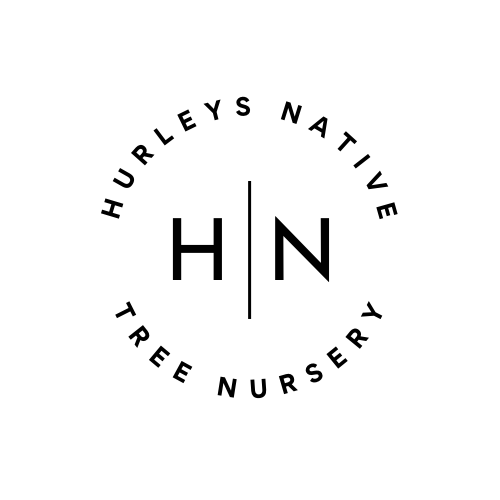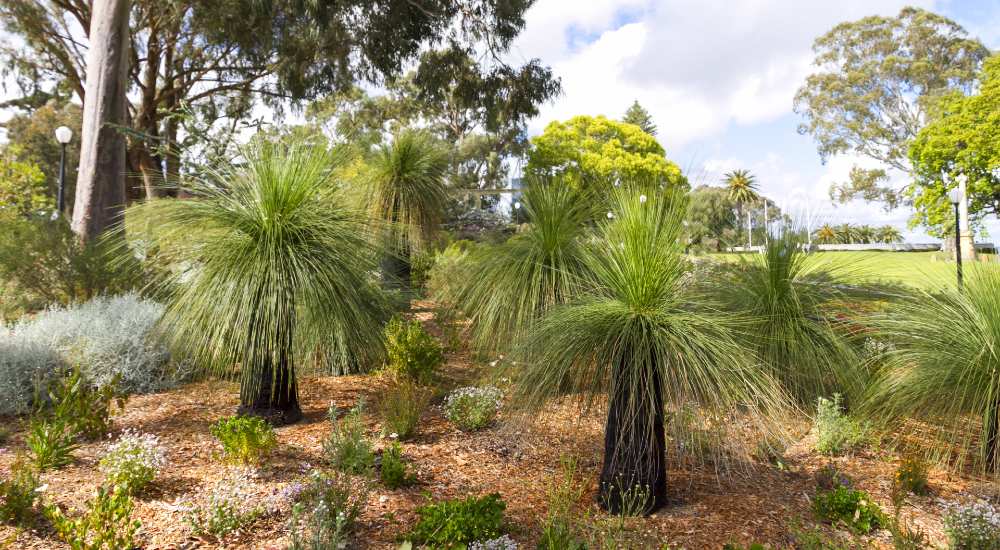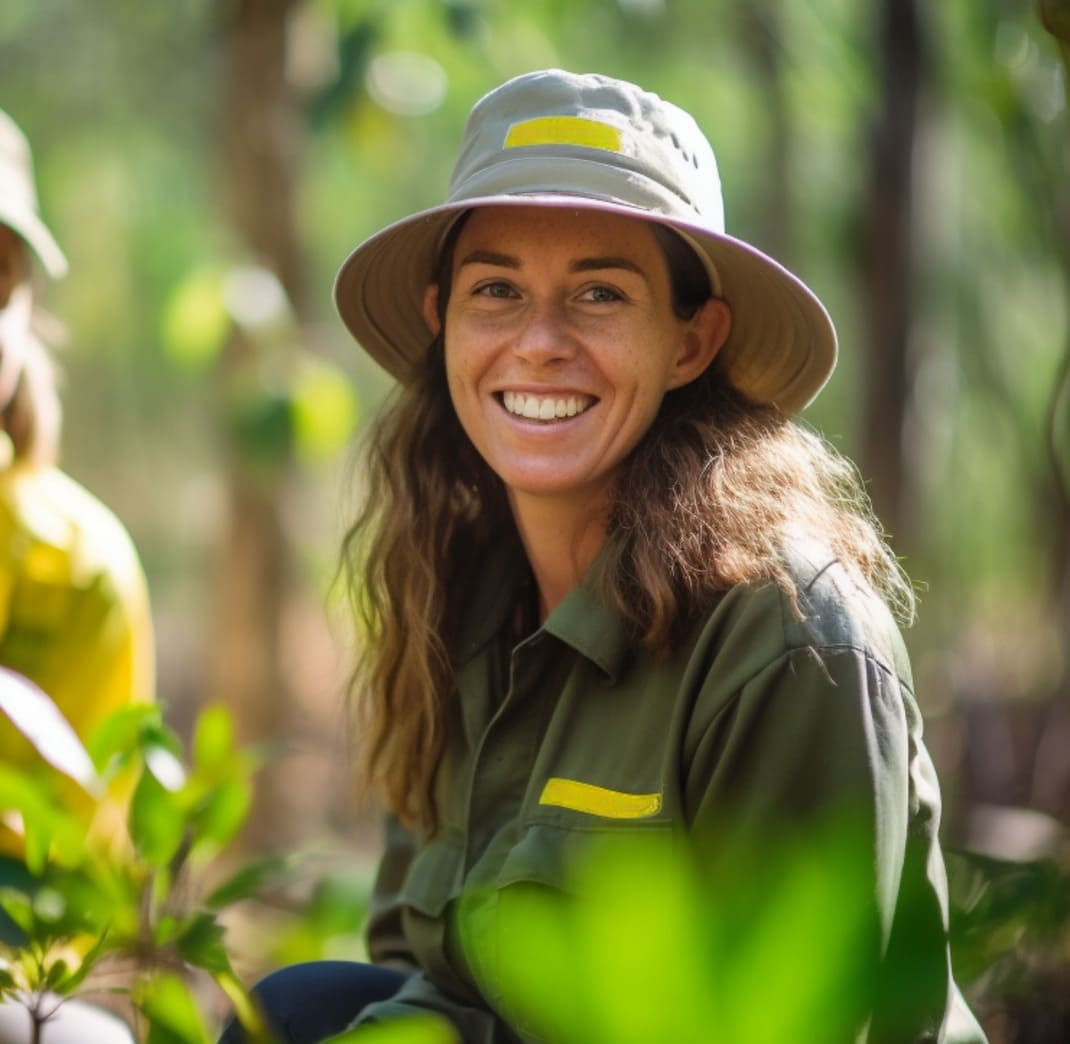Introduction
Australia, a continent renowned for its striking landscapes and ecological wonders, has always been at the forefront of promoting sustainability.
Sustainable gardening with native Australian trees has become increasingly popular in recent years. This type of gardening focuses on creating an aesthetically pleasing and ecologically beneficial garden. It involves selecting native plants that are adapted to the local climate and soil conditions and planting them in a way that encourages biodiversity and reduces the need for chemical fertilisers and pesticides.
Why Native Trees?
Our world is constantly evolving, and amidst rising global temperatures and environmental challenges, the importance of restoring and maintaining ecological balance becomes paramount. Native Australian trees, which have co-evolved with local fauna and flora over millions of years, naturally offer multiple benefits:
- Water Conservation: Native trees have adapted to Australia’s varied climatic conditions, meaning they generally require less water than non-native species.
- Resistance to Pests: Having coexisted with local pests for millennia, these trees have developed natural resistances, reducing the need for chemical interventions.
- Promoting Local Fauna: Native trees serve as habitats and food sources for various indigenous animals, from the iconic koala to countless bird species.
The Impact: A Case Study
To understand the profound effect of sustainable gardening, let’s consider the revival of the banksia woodland in Western Australia. Once under threat from urban development, dedicated reforestation efforts have witnessed a resurgence of these woodlands. Today, they not only stand as a testament to nature’s resilience but also attract local fauna, proving that with concerted effort, we can reverse environmental degradation.
Choosing the Right Tree
For those passionate about integrating native trees into their landscapes, the first step is to choose the right species. Factors to consider include:
- Soil Type: Certain trees, like the Queensland Bottle Tree, prefer well-drained soils.
- Climate: While the Snow Gum thrives in colder regions, the River Red Gum is more suited for warmer areas.
- Purpose: Whether you’re looking for shade, ornamental value, or to attract specific wildlife, there’s a native tree for your needs.
Planting and Caring
Planting native trees is not just about digging a hole. Here’s a simplified guide:
- Choosing the Right Time: Late autumn to early winter is ideal as the cooler temperature aids root establishment.
- Preparing the Soil: Ensure it’s well-aerated and free from weeds.
- Watering: Once planted, ensure the tree receives adequate water, especially in its initial stages. However, remember that native trees require less watering once established.
Supporting Local Wildlife
Beyond their aesthetic value, native trees play an essential role in supporting local ecosystems. For instance, the flowering eucalyptus trees are a vital food source for honeyeaters. Meanwhile, hollows in older trees provide nesting sites for parrots, owls, and possums. By choosing native trees, gardeners are effectively supporting entire ecosystems.
Closing
As the winds whisper through the leaves of the ghost gum and the wattle blooms with a golden hue, it’s a gentle reminder that these trees are more than just silent spectators. They are active participants, shaping Australia’s ecological narrative for millennia.
Sustainable gardening with native Australian trees is not just a nod to history but a bold stride towards a more balanced future. By aligning with nature’s rhythm and embracing the native canopy, we are ensuring a greener, more vibrant world for generations to come.
For enthusiasts eager to embark on this sustainable journey, our nursery stands ready to guide you. We believe in planting more than just trees; we aim to plant hope, one sapling at a time.



